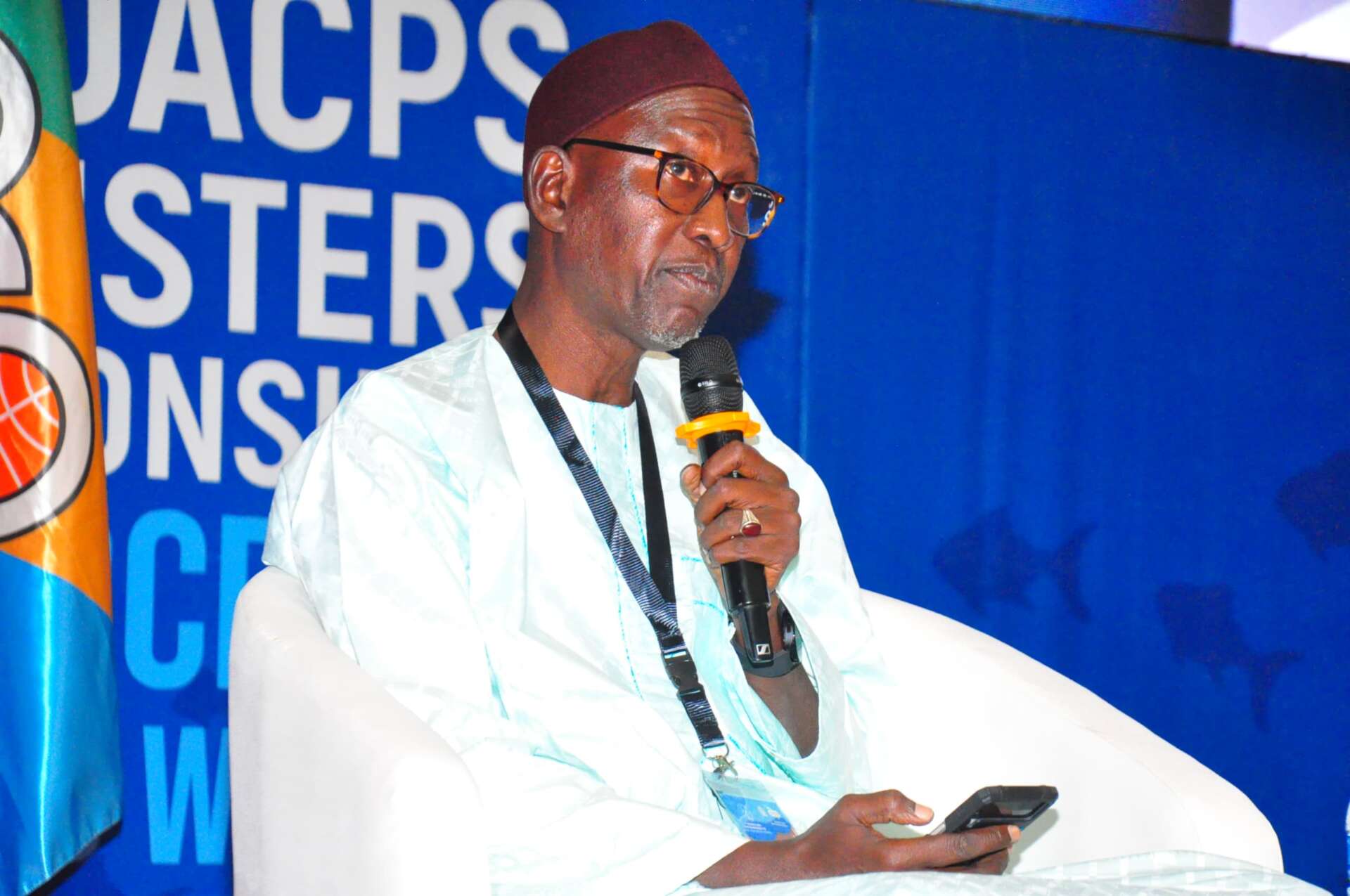In our countries, small-scale fisheries are essential not only for food security and employment, but also for the conservation of biodiversity in coastal areas.
As small-scale fishing professionals, we want to work with our governments to develop sustainable small-scale fisheries that will act as a lever for the inclusive social and economic development of our countries.
The first condition for the inclusive management of marine and continental resources is to guarantee and protect access to resources for small-scale fishermen.
An important tool for achieving this objective is the establishment of access zones reserved for small-scale fisheries. This must be done in consultation with coastal communities.

It is also essential to ensure that 100% of these maritime and continental coastal zones are managed in consultation with the men and women involved in small-scale fisheries.
Small-scale fisheries communities have already been involved in biodiversity conservation for a long time. They maintain or restore local ecosystems and are committed to community-based fisheries management for the benefit of local populations.
In this respect, small-scale fisheries are an ally of OACPS member states in meeting their commitment to effectively conserve 30% of the seas by 2030.
In many member countries, biodiversity conservation is a result of the establishment of zones reserved for small-scale fishing, co-managed by fishing communities and the Ministry of Fisheries.
These areas should be considered by our Member States as contributions to the objective of conserving 30% of marine areas by 2030.
Another important challenge is to guarantee the place of small-scale fisheries in the blue economy.
Today, the future of fishing communities is increasingly threatened

by the activities of other, more powerful players in the blue economy:
– Fishermen are denied access to beaches privatised by hotels,
– Fishermen are being driven from their traditional fishing grounds by offshore oil and gas development,
– Fishermen have to compete with industrial fishing boats that take away their nets or capsize their boats.
– The women of our communities are being driven out of the places they traditionally occupy to carry out their processing activities.
– Their access to fish as a raw material is also threatened by overexploitation of resources, flour processing industries and others.
It is essential that OACPS helps its members to put in place mechanisms to ensure the security of land rights and rights of access to fisheries resources for the men and women of artisanal fishing communities vis-à-vis the more powerful sectors of the blue economy.
I would like to thank you
Read by Gaoussou GUEYE, president of CAOPA


